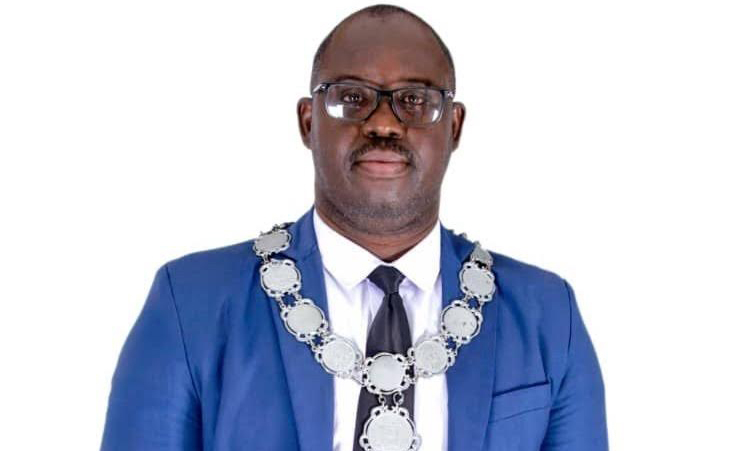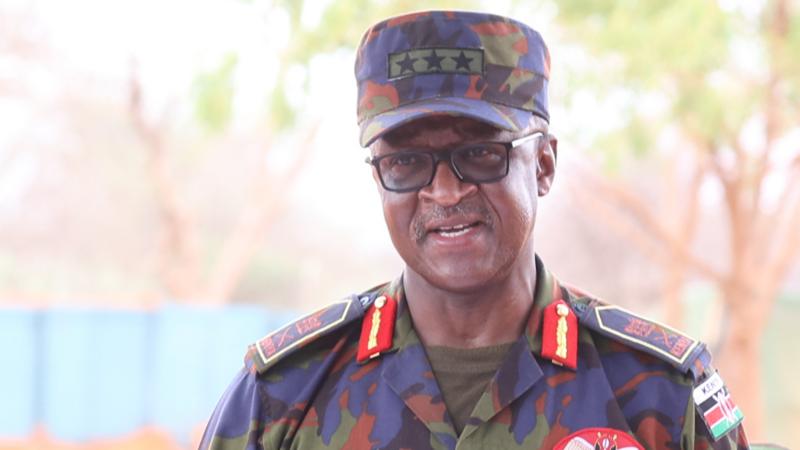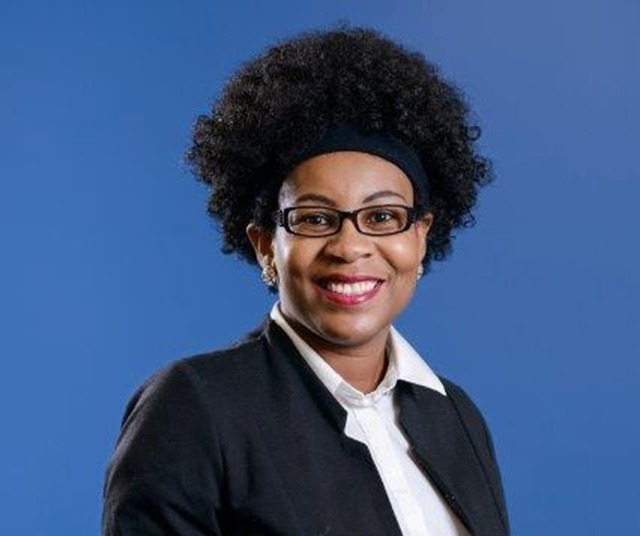The deputy minister of marginalised communities, Royal /Ui/o/oo, has drawn attention to the severe living conditions these communities face, emphasising that 68% of them live in poverty and 77% face unemployment.
/Ui/o/oo pointed this out at the historic first National Conference for Youth from Indigenous Minorities and Marginalised Communities which commenced at Swakopmund on Monday.
Highlighting the pressing need for young leaders to “take the lead in the realisation of their autonomy, development, and emancipation”, /Ui/o/oo underscored the vital role they play in challenging systemic marginalisation.
These young leaders bear a monumental responsibility to address intersectionality issues and advocate change on both national and international platforms, akin to their counterparts from indigenous communities globally, he said.
In light of these grim statistics, the deputy minister urged conference participants to consider the rich natural resources these communities hold as custodians and owners. Recognising the historical context leading to their present-day marginalisation, he referenced the pre-colonial dispossession of land and territories that culminated in socio-economic marginalisation, resulting in the loss of sustainable livelihoods, ecosystems, language and cultural practices.
/Ui/o/oo called on the new youth leadership to promote national policies aimed at protecting the social, economic, cultural and political rights of indigenous communities.
He emphasised his open-door policy that encourages consultation, participation, and representation from marginalised communities, with expectations for future young leader representation on international platforms such as the United Nations Permanent Forum on Indigenous Issues.
He also encouraged marginalised youths to “rise and seize the freedoms owed to them”, filling rooms with their voices, demands, and aspirations for a better future.
On the same occasion, deputy youth minister Emma Kantema-Gaomas emphasised the importance of inclusion as a counterweight to marginalisation.
She highlighted the government’s commitment to inclusive policies, referring to president Hage Geingob’s Harambee Prosperity Plan and the establishment of the Division of Marginalised Communities within the Ministry of Gender Equality, Poverty Eradication and Social Welfare to coordinate efforts.
She said there is a need to include marginalised youths in leadership roles, particularly at the level of the National Youth Council.
“By ensuring this form of representation at such a level, we are assured that the interests and aspirations of, especially, youths from marginalised communities and indigenous minorities, are not only considered, but, indeed, used to shape programming,” Kantema-Gaomas said.
The Ministry of Gender Equality, Poverty Eradication and Social Welfare has partnered with the National Youth Council to host the groundbreaking national conference from 22 to 25 May.
The conference targets young individuals from the San, Ovatue and Ovatjimba communities aged between 16 and 35. Approximately 140 youth representatives from these communities are attending, discussing challenges they face and working towards establishing a dedicated national youth organisation.
According to the fifth National Development Plan, a myriad of issues – including low levels of education, lack of institutional support, and geographical remoteness – have previously hindered effective developmental interventions for these communities.
According to a press release from the youth ministry, the event comes as a response to a need for greater representation for marginalised communities within the country’s youth development agenda. Though a seat on the National Youth Council board is currently reserved for these communities, there has been no established organisation to consistently represent and coordinate their specific interests and concerns.
The conference will focus on “bringing on board youth from the marginalised communities in order to leave no one behind”.
Stay informed with The Namibian – your source for credible journalism. Get in-depth reporting and opinions for
only N$85 a month. Invest in journalism, invest in democracy –
Subscribe Now!






